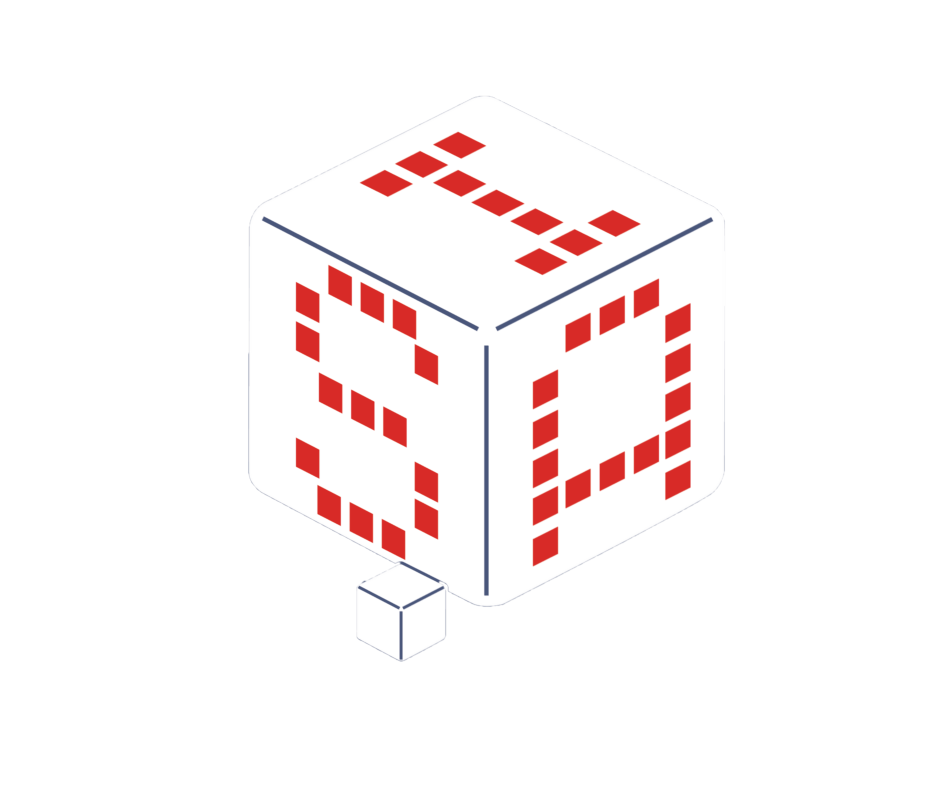

|
Institute of Information Systems and Applications |
|
|
Speaker: |
Dr. Jun-Cheng Chen(陳駿丞),Associate Research Fellow,Research Center for Information Technology Innovation(CITI), Academia Sinica |
|
Topic: |
An Overview of Recent Development of Visual Generative AI and Deepfake Detection |
|
Date: |
13:20-15:00 Wednesday 24-Apr-2024 |
|
Link: |
|
|
Location: |
Delta 103 |
|
Hosted by: |
Prof. Te-Chuan Chiu |
Abstract
The recent advancement of denoising diffusion probabilistic model and its variants have advanced the state-of-the-art performance over various content generation tasks. Tech giants, including OpenAI Google, Meta, NVidia, have showcased their recent text-to-image, text-to-video, text-to-3D models and other content generation models and demonstrated astonishing generation capability, such as Sora. These technologies could also be abused to threaten personal privacy and information security. In this talk, we will briefly go through these recent advancements and how they bring new challenges to Deepfake detection. I will also cover some recent research results of my group.
Bio.
Jun-Cheng Chen is now an associate research fellow at the Research Center for Information Technology Innovation (CITI), Academia Sinica. He joined CITI as an assistant research fellow in 2019. He received the B.S. and M.S. degrees advised by Prof. Ja-Ling Wu in Computer Science and Information Engineering from National Taiwan University, Taiwan (R.O.C), in 2004 and 2006, respectively, where he received the Ph.D. degree advised by Prof. Rama Chellappa in Computer Science from University of Maryland, College Park, USA, in 2016. From 2017 to 2019, he was a postdoctoral research fellow at University of Maryland Institute for Advanced Computer Studies. His research interests include computer vision, machine learning, deep learning and their applications to biometrics, such as face recognition/facial analytics, activity recognition/detection in the visual surveillance domain, etc. He was a recipient of the APSIPA ASC Best Paper Award in 2023 and ACM Multimedia Best Technical Full Paper Award in 2006.
All faculty and students are welcome to join.